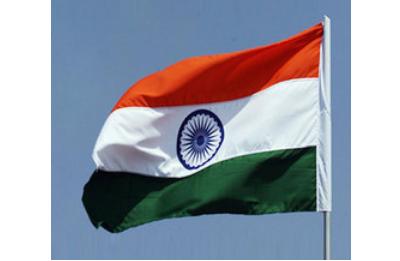
NEW DELHI (PTI): As the border standoff with China in eastern Ladakh enters the seventh month, Defence Minister Rajnath Singh on Thursday said India wants peaceful resolution of differences but at the same time it is determined to protect its sovereignty and territorial integrity in the face of "unilateralism and aggression" no matter what the sacrifice.
Speaking at a virtual seminar organised by the National Defence College on the occasion of its diamond jubilee, Singh also said that deterrence of war is important to achieve peace.
He said India believes that differences should not become disputes and is committed to respect various agreements and protocols that the country has entered into for maintenance of peace and tranquillity along the borders.
Singh touched upon a wide range of issues of strategic significance including the evolving security challenges facing the nation and how the government is trying to enhance India's overall combat capabilities.
"India has been facing other challenges on its borders. India is a peace-loving country. We believe that differences should not become disputes. We attach importance to the peaceful resolution of differences through dialogue," he said.
"We are committed to respect for various agreements and protocols that India has entered into for the maintenance of peace and tranquillity on our borders. However, India is determined to protect its sovereignty and territorial integrity in the face of unilateralism and aggression, no matter what the sacrifice."
Singh's comments came on the eve of the eighth round of high-level military talks between the armies of India and China on the border standoff.
On Pakistan, Singh said the neighbouring country continues to remain "adamant" on the use of terrorism as state policy.
"However, we have achieved substantial success in working with progressive and like-minded countries to not only expose Pakistan's regressive policies but also make it increasingly difficult to continue with its previous business as usual approach," he added.
The Defence Minister said India has proved that countries that employ terrorism as an instrument of national policy can also be deterred through options that were considered un-implementable in the past.
Singh said the armed forces have also ensured the defence of India's borders and interests during the recent period despite "obvious challenges", as a result of their well thought-out policies, and the ability to continue with their operational responsibilities despite the pandemic.
Defence Secretary Ajay Kumar, who also spoke, said India has "stood up" to the challenges along its northern borders.
In his address, the Defence Minister talked about efforts being made to enhance India's military prowess as well as to boost domestic defence production.
"Peace can only be ensured through the ability to deter war. We have attempted to build this deterrence through a judicious combination of capability development and an emphasis on long term policy of indigenisation."
Singh touched upon India's journey post Independence and said perhaps the "most fundamental lesson that the roller coaster of the rise and fall of nations taught us was that peace cannot necessarily be achieved by a desire for peace but by the ability to deter war."
"Unfortunately, the mere desire to seek peace, if not reciprocated by others, does not necessarily succeed in building a harmonious environment in a world beset by conflicting ideas of security, sovereignty and national interests."
Singh also spoke of challenges of proliferation of certain technologies that have empowered both the constructive and destructive tendencies of its users.
"I do not need to tell this audience about the evolving and changing character of war. This change is being driven by the multiplicity of challenges and the proliferation of technology that has empowered both the constructive and destructive tendencies of its users."
"This clearly suggests a widening scope of conflict and its manifestations. It also indicates that unless we can meet these challenges through an equally broad-based all of government approach; our efforts are likely to fall short," he said.
The Defence Minister spoke of India's growing bilateral ties with the US, Japan and Russia as well as with the countries in the immediate and extended neighbourhood.
"With the exception of Pakistan, given its agenda of fuelling terrorism, India has improved its relations with all neighbours. We have invested heavily to help and support our friends to forge a relationship of mutual respect and mutual interest," he said.
He said India has fostered close relationship and partnerships with like-minded friends to further the common interests of countries in the region and beyond.
"Our strategic partnership with the US is stronger than ever before".
The Defence Minister also highlighted the approach adopted on national security in the last six years and noted that its four broad principles are likely to guide the country to face the future challenges.
"The first is the ability to secure India's territorial integrity and sovereignty from external threats and internal challenges. Second, the ability to create secure and stable conditions that can facilitate India's economic growth, thereby, creating the resources for nation building and to meet individual aspirations," he said.
"Third, we remain steadfast in the desire to protect our interests beyond the borders in areas where our people reside and our security interests converge. And finally, we also believe that in a globalised and interconnected world, a country's security interests are interlinked by shared and secure commons," he added.
Similarly, Singh said the Government has undertaken a three-pronged approach towards internal security challenges which includes development of areas affected by terrorism along with the provision of justice to the aggrieved.
"It also includes the ability and desire to go more than half way to negotiate settlements with dissatisfied groups to enable a political settlement. And finally, we are also willing to challenge the status quo, if the status quo becomes a tool for the exploitation of helpless citizens and the provisions of governance," he added.
 Previous Article
Previous Article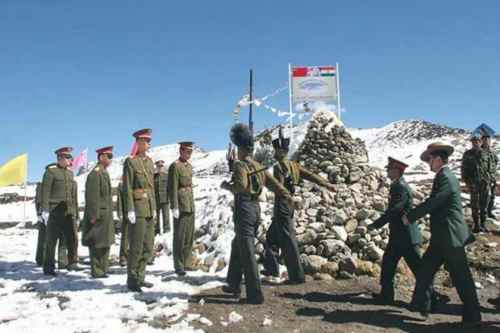 Next Article
Next Article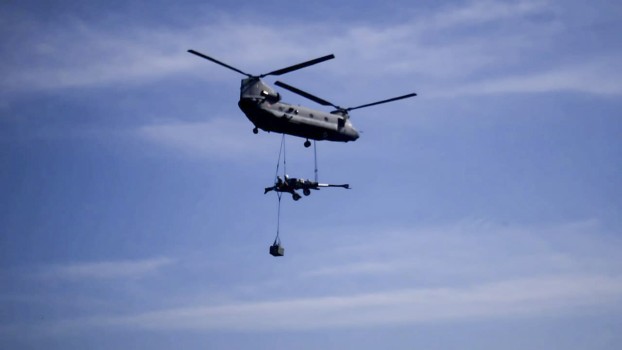

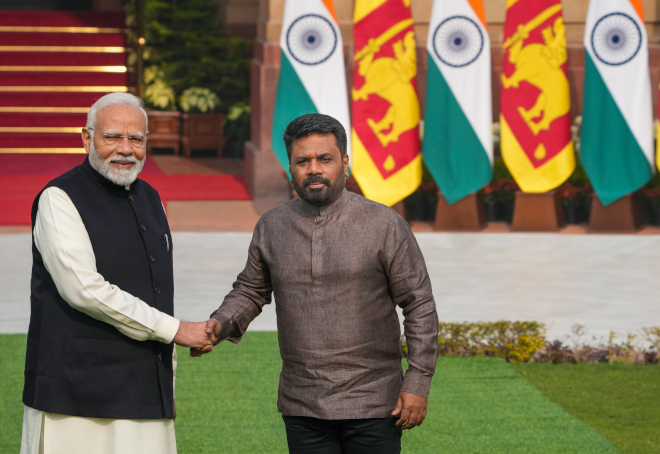
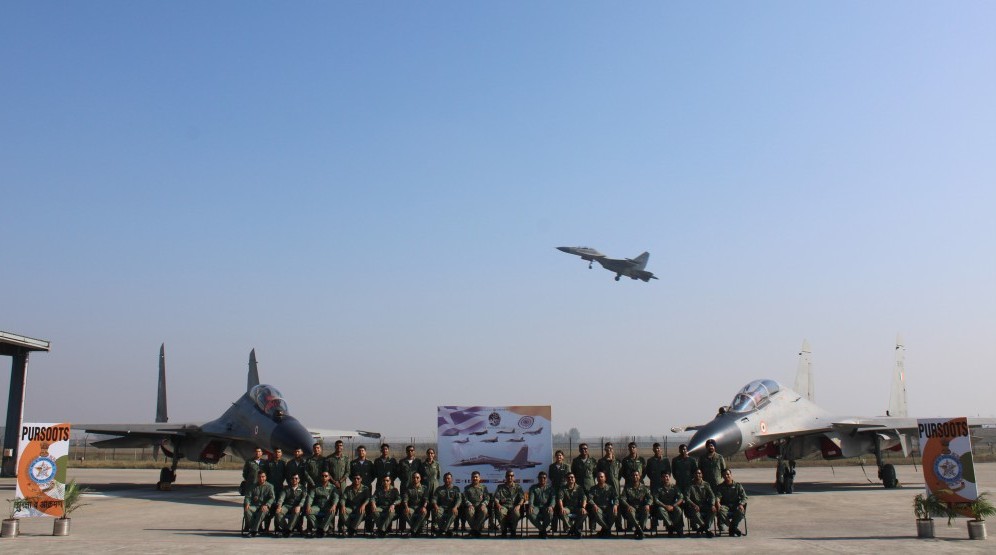










The Indian Air Force, in its flight trials evaluation report submitted before the Defence Ministry l..
view articleAn insight into the Medium Multi-Role Combat Aircraft competition...
view articleSky enthusiasts can now spot the International Space Station (ISS) commanded by Indian-American astr..
view article